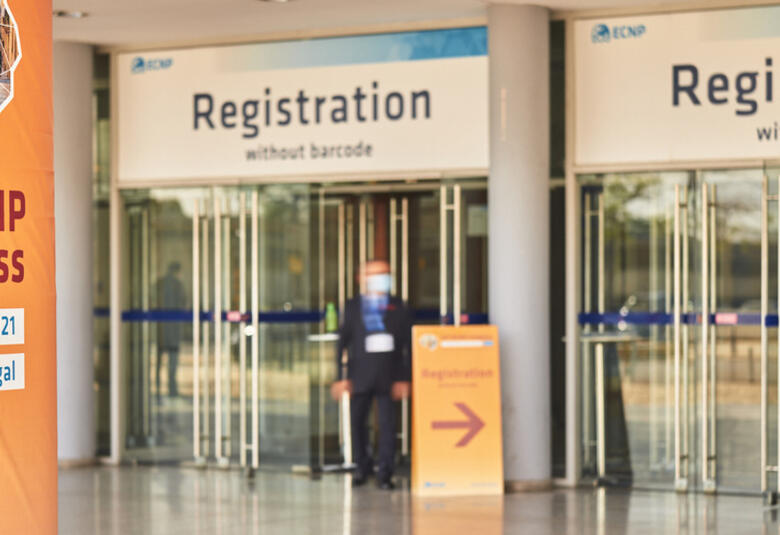We are a step closer to the early detection of antidepressant treatment failure, a paradigm shift in treatment algorithms and the potential for most patients to be managed successfully early in the treatment plan. This will result in better outcomes for patients, and is likely to be cost-effective from healthcare and societal perspectives. The detection of aberrant brain functioning associated with recurrent major depressive disorder (MDD) through advances in neuroimaging techniques heralds the next generation of preventive and therapeutic targets.
Can treatment response be predicted?
A key question of research is whether we can predict early on if an individual patient will respond to treatment, said Dr Michael Browning (University of Oxford, UK).
Antidepressants induce early changes in how emotional information is processed,1 and whether detection of the early cognitive effects may be used to guide treatment changes will be tested in the ongoing PReDicT study.2 The PReDicT test taken 1 week after treatment initiation combines measures of cognition with symptom scores: if the test indicates no response, treatment is immediately altered by dose escalation or switching. This is significant as it is much shorter than the 4- to 6-week initial trial period which currently forms the basis of treatment algorithms in guidelines.
Early intervention is acceptable to patients who feel more closely monitored and have a better connection with their physicians
Interim analysis (n=500) shows that the PReDicT test leads clinicians to change medication earlier. The intervention is acceptable to patients, who feel more closely monitored and have a better connection with their physicians, and may result in better outcomes overall.
Better outcome prediction could have huge societal impact
Cost-effectiveness modelling conducted by Professor Judit Simon (Medical University of Vienna, Austria) suggests that early detection of non-response to antidepressants could reduce ineffective treatment by around 6 weeks, and is likely to be cost-effective both from the healthcare and societal perspectives, with a minimum €638 million annual saving for the EU in workplace absenteeism.3
Early detection of non-response to antidepressants could reduce ineffective treatment by around 6 weeks and save minimum €638 million annually for the EU in workplace absenteeism
The long-term impact of the PReDicT study (6-12 months) will be determined in terms of cost measurement (healthcare, social care, lost productivity) and outcome measurement – quality of life and broader well-being capabilities. Further results are anticipated in 2019.
Pre-treatment or augmentation techniques improve response
Identifying mechanisms that interfere with treatment and addressing them with pre-treatment or augmentation techniques can improve response to treatment said Dr Greg Siegle (University of Pittsburgh, USA).
Two examples of this approach include the use of cognitive control training (CCT) to reduce negative interpretation (rumination) and prediction-targeted neurocognitive training to increase positive predictions, both of which can improve treatment outcomes,4,5 and may have an economic benefit in terms of reduced healthcare visits.
Disrupted neuropathways revealed in recurrent MDD
Advances in neuropsychological and neuroimaging techniques allow insight into aberrant brain functioning associated with MDD recurrence, a major contributor to the global burden of disease.
Advances in neuropsychological and neuroimaging techniques allow insight into aberrant brain functioning associated with MDD recurrence
Dr Eric Ruhé (Donders Institute, Netherlands) showed how disrupted functional connections in vulnerable recurrent MDD patients reveal important pathways involved in emotional regulation;6,7 for instance, decreased connectivity of the salience network with other networks, and with increased default mode network connectivity. These may serve as markers for preventive and therapeutic applications in future.




